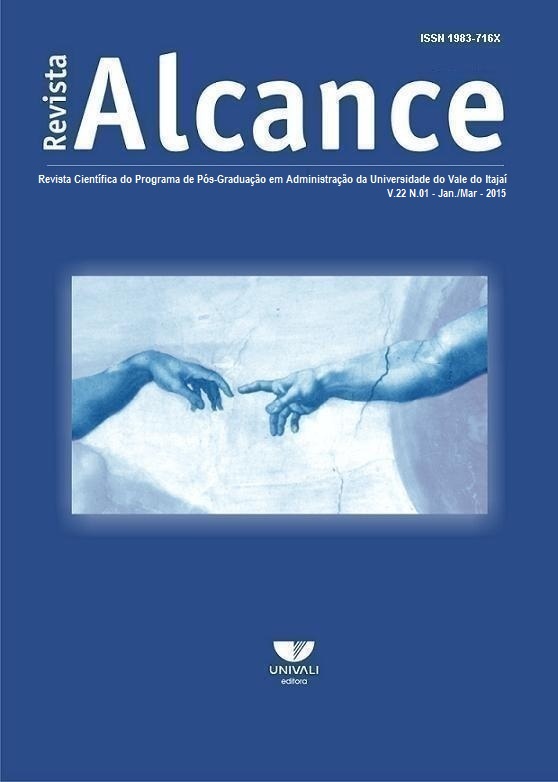O PROCESSO DE INSTITUCIONALIZAÇÃO DE UM CAMPO CULTURAL SEM A DEPENDÊNCIA DE MACROATORES: O CAMPO DO HUMOR NO CEARÁ / THE PROCESS OF INSTITUTIONALIZATION OF A CULTURAL FIELD WITHOUT THE DEPENDENCE OF MACROPLAYERS: THE FIELD OF HUMOR IN CEARÁ
Published date: 09/09/2015

Neste trabalho é analisado o processo de institucionalização de um campo relacionado à cultura que apresenta longevidade institucional sem apresentar dependência de macroatores públicos ou privados quanto à sua governança e à sua sustentabilidade econômica, configurando-se como exceção à condição de dependência comumente apresentada em estudos empíricos anteriores da institucionalização de organizações culturais no Brasil. Trata-se do campo do humor no Estado do Ceará, cuja evolução do seu processo de institucionalização foi analisada à luz do modelo de Tolbert e Zucker (1999) e de fatores apontados por teóricos institucionais como influentes nesse processo. Trata-se de uma pesquisa exploratória e descritiva, de natureza qualitativa, com a realização de quinze entrevistas com representantes organizacionais participantes do campo. Os resultados indicam que, mesmo sem apresentar governança concentrada (governamental ou empresarial) e nível alto de formalização de relações e normas, o campo está em fase intermediária do seu processo de institucionalização em direção à sua sedimentação. A partir da análise do campo do humor no Ceará, infere-se como fatores que potencializam a legitimidade e a longevidade de campos culturais: a existência de relação entre rotinas sociais locais e o objeto cultural em questão; a formação de enlaces interorganizacionais que evidenciem parcerias com ganhos multilaterais com micro e pequenas empresas, especialmente àquelas relacionadas ao turismo local; e a ocorrência de isomoformismos miméticos que possibilitem a multiplicação de estruturas e práticas legitimadas.
Palavras-chave: Teoria Institucional. Campo Cultural. Campo do Humor.
Abstract
This paper analyzes the process of institutionalization of a cultural field that presents institutional longevity, without showing dependence on public or private macro-players in terms of its governance and economic sustainability, becoming an exception to the condition of dependence commonly presented in previous empirical studies on the institutionalization of cultural organizations in Brazil. The topic in question is the field of humor in the state of Ceará, examining the evolution of its process of institutionalization in light of the Tolbert and Zucker model (1999) and factors indicated by institutional theorists as influential in this process. This is an exploratory and descriptive, qualitative study. Fifteen interviews were conducted with organizational representatives participating in the field. The results indicate that even without presenting concentrated governance (government or business), or a high level of formalization of relations and standards, the field is in an intermediate stage of its institutionalization process, towards its sedimentation. Based on analysis of the field of humor in Ceará, the following are inferred as factors that enhance the legitimacy and longevity of cultural fields: the existence of relationship between local social routines and the cultural object in question; the formation of inter-organizational links that demonstrate partnerships with multilateral gains from micro and small enterprises, especially those related to local tourism; and the occurrence of mimetic isomophisms that enable multiplication of structures and legitimated practices.
Keywords: Institutional theory. Cultural field. Field of Humor.








